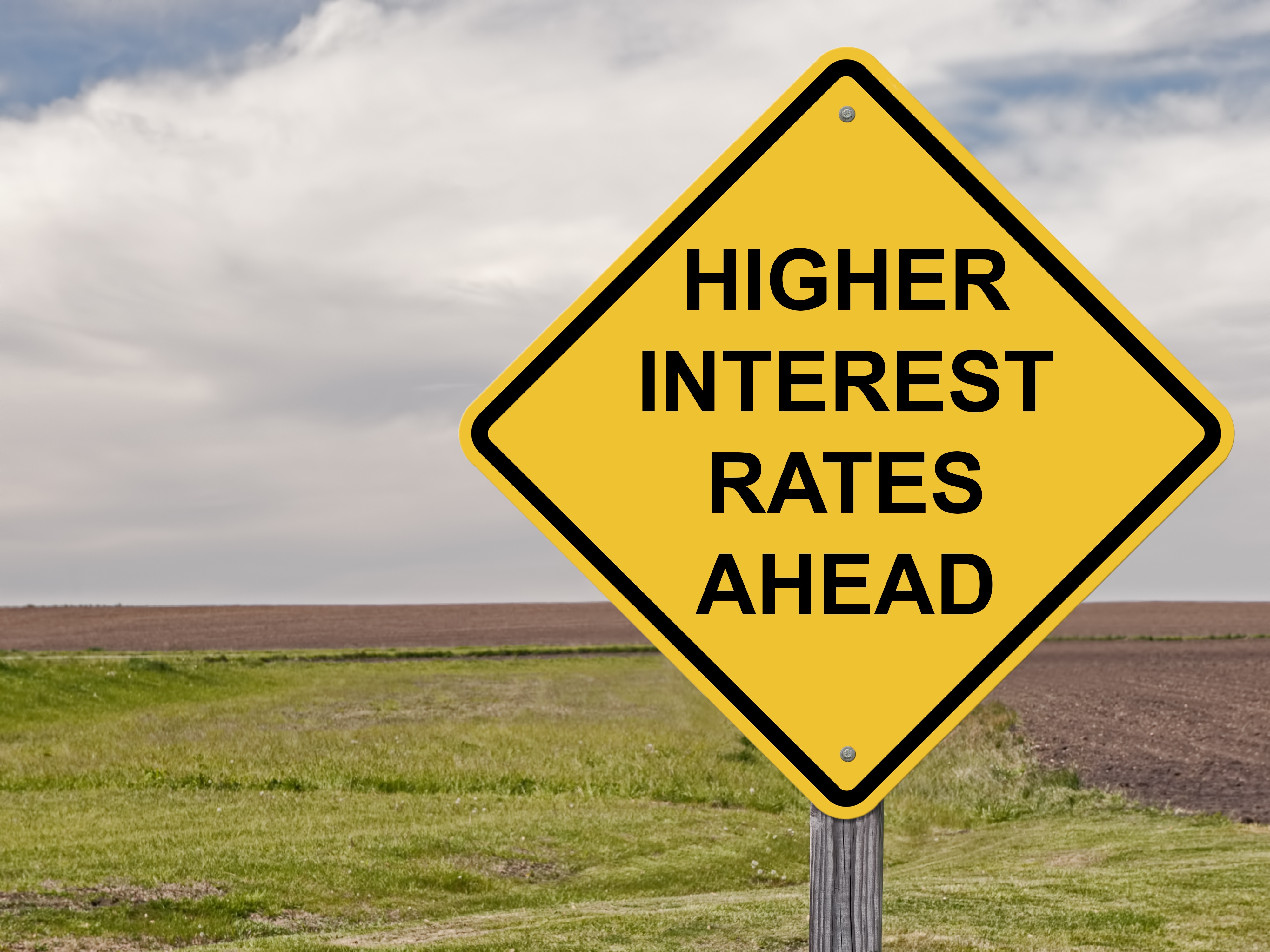Return – we chase it, we measure it – daily, monthly, quarterly. We compare investments and investment managers based upon it. Newspapers, radio, television, and now Internet media focus upon it. Like "plastics" in the 1960s movie The Graduate, it is the ONE WORD upon which everyone clings.
Jay Hutchins
The bond market thinks the new administration in Washington will boost economic activity, and that the Federal Reserve will begin a program of raising interest rates. They may be right. Of course, higher interest rates have been predicted for years and kept falling. We’ll see.
We tend to pay an awful lot of attention to investment returns. Mostly, I suppose, because they are in our faces all the time. Turn on the television, listen to the radio, pick-up the newspaper, even our smart phones have applications to keep us continuously abreast of the latest valuation placed by Wall Street traders on a basket of thirty stocks we know as the Dow Jones Industrial Average (DJIA). But what does today's valuation have to do with our lives, and should it make or break our day?
Be wary of applications on the Internet and elsewhere that purport to calculate how you can maximize your lifetime Social Security benefits. They can do no such thing, and are apt to lead you in a dangerously wrong direction.
Broadly diversified portfolios structured within prudent risk parameters just do not seem to be making any money these days. The stock market has been seesawing up and down wildly all year long, but finishing right where it starts. Currency fluctuations are wiping out otherwise positive international investment returns, and bonds, if anything, are showing negative total returns due to concerns about the Federal Reserve raising interest rates.
It’s a little-know fact that the SEC allows mutual funds to spend a portion of investor assets on marketing and distribution. Wall Street’s self-regulator, FINRA, limits that spending to a whopping 0.75% of a fund’s average net assets a year.
Patience, the act of resisting compulsive reaction to emotion-provoking stimuli, is what separates serious investors from capricious speculators. – Jay Hutchins, 2015
In the 1954 Alfred Hitchcock movie Rear Window, Jimmy Stewart plays a famous photographer laid up with a broken leg, aided by a visiting nurse named Stella, played by Thelma Ritter. In a scene apropos of what we'll be hearing from a few stock market mavens in the coming weeks, Stella boasts to Stewart’s character, “You heard of that market crash in ’29? I predicted that.” To which Stewart’s character inquires curtly, “Oh, just how did you do that, Stella?” “Oh, simple, explains Stella, “I was nursing a director of General Motors. Kidney ailment, they said. Nerves, I says. And I asked myself, “What’s General Motors got to be nervous about?” Overproduction, I says; collapse. When General Motors has to go to the bathroom ten times a day, the whole country’s ready to let go.”
.png)
.png?width=440&height=102&name=Wealth%20Conservatory%20Logo%20(1).png)






